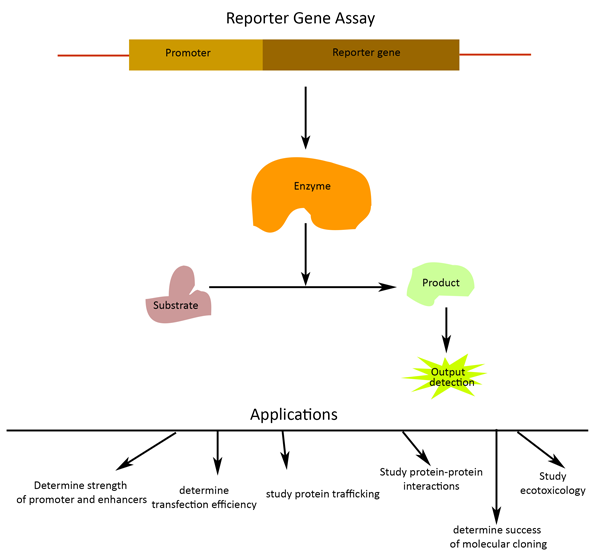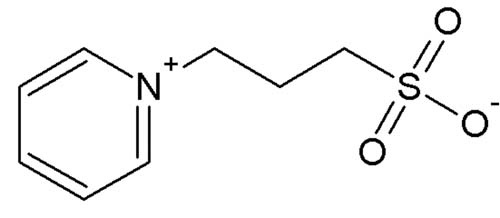Sputum Liquefaction: from viscous, heterogeneous mucus to equivalent, homogenous samples
Sputum processing has one main purpose; to render the viscous, heterogeneous specimen to a homogenous state (evenly distributed suspension). This homogenous suspension will be dispensed into multiple aliquots for cryopreservation, smear microscopy, gram stain, and culture. Each aliquot should be representative of the original specimen. This can be accomplished through the process of sputum liquefaction.








